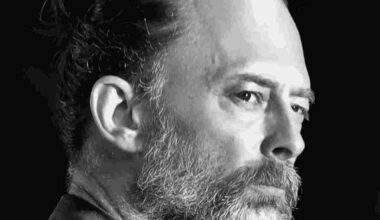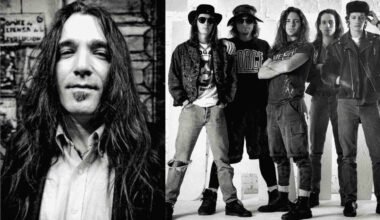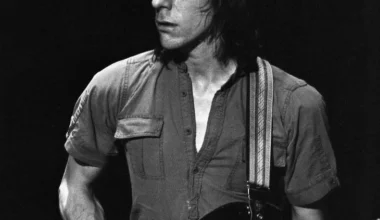Mistakes are an integral part of the artistic journey, and even the most revered songwriters experience their share of missteps. This holds true for Dave Grohl, former Nirvana drummer and frontman of Foo Fighters, who has carved out a significant legacy in rock music.
Grohl first gained fame in the 1990s with Nirvana, where he thundered behind the drums for iconic tracks like “Smells Like Teen Spirit” and “Come As You Are.” Following the tragic death of frontman Kurt Cobain in 1994, Grohl found himself at a crossroads, struggling to navigate life without his bandmate. After brief collaborations with various bands, he eventually formed Foo Fighters, stepping into the spotlight as the lead vocalist and guitarist.
As the creative force behind the Foo Fighters, Grohl has written and performed some of rock’s most memorable songs, including “Everlong” and “My Hero.” Yet, even someone with his track record harbors regrets.
In a candid chat with Kerrang, Grohl reminisced about his third album with Foo Fighters, 1999’s There Is Nothing Left to Lose, a time he described as one of the most relaxed periods of his life alongside bandmates Taylor Hawkins and Nate Mendel.
However, he expressed dissatisfaction with one specific track: “Learn to Fly,” the album’s lead single. Despite its success and chart performance, Grohl considered it one of his least favorite songs.
But “Learn to Fly” isn’t Grohl’s only target of criticism. He has also voiced his dislike for “Oh, George,” a tribute to Beatles guitarist George Harrison from the band’s self-titled debut album, calling it his “least favorite song.” He noted that the rushed nature of their first record made it feel less significant.
While Grohl may not hold these tracks in high regard, they represent the early evolution of the Foo Fighters, blending his grunge background with emerging alternative rock styles. Though overshadowed by his more celebrated hits, these songs shouldn’t be entirely dismissed.
Every artist faces creative missteps throughout their careers, and Dave Grohl is no exception. His journey demonstrates that even successful musicians can look back on their work and wish they had made different choices.







